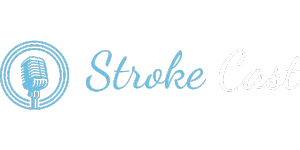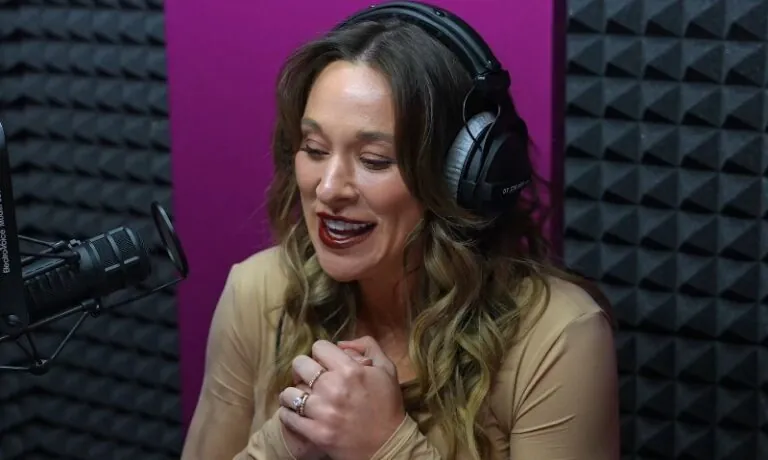Let’s be real: writing a podcast script can feel a bit like trying to juggle flaming torches. You want to sound natural, but you also need to hit all the important points.
You want to be engaging but not overly scripted. So, how do you find that sweet spot? Here’s the lowdown on creating a podcast script that will keep your listeners coming back for more.
Table of Contents
ToggleKnow Your Audience
Before you even think about writing a single word, get a solid grip on who you’re talking to. Who’s your target audience? Are they business professionals, stay-at-home parents, or college students? Knowing your audience is crucial because it shapes the tone, style, and content of your script.
Key Points
- Identify their interests: What topics will they find irresistible?
- Language and tone: Should you keep it casual or more professional?
- Problem-solving: What issues are they looking to solve by listening to your podcast?
Outline Your Episode
An outline is one of the first steps you should take. Think of it as having a roadmap when you’re on a cross-country road trip. You wouldn’t just drive aimlessly, would you? Having your goals set is very important, no matter what you do, and that includes scripted podcast.
Basic Outline Structure
- Introduction: Grab their attention right off the bat.
- Main Points: Break these down into clear, concise segments.
- Supporting Details: Add stories, examples, or interviews to flesh out your main points.
- Conclusion: Wrap up with a summary and a call to action.
Write Like You Talk

The magic of podcasting lies in its conversational nature. Your script should sound like you’re chatting with a friend over coffee, not delivering a college lecture.
Tips for Conversational Writing
- Use contractions: Don’t be afraid to use “you’re” instead of “you are.”
- Short sentences: They’re easier to follow and sound more natural.
- Personal anecdotes: Share your own stories and experiences to create a connection.
Keep It Structured, But Flexible
While having a script is essential, you don’t want to sound like you’re reading straight from a teleprompter. Leave room for spontaneity.
How to Balance Structure and Flexibility
- Bullet points: Use them for key points so you can elaborate naturally.
- Ad-libbing: Feel free to go off-script when you’re inspired.
- Practice: Run through your script a few times to find places where you can be more fluid.
Start With a Bang

Your introduction is your first (and sometimes only) chance to hook your listeners. Make it count.
Components of a Great Introduction
- A compelling question or statement: Start with something that piques curiosity.
- Introduce yourself and the topic: Briefly tell them who you are and what you’ll be discussing.
- Why they should listen: Explain what’s in it for them.
Break It Down
Don’t overload your audience with too much information at once. Break your content into digestible chunks.
Effective Segmentation
- Use headings: Clearly define different sections.
- Bullet points or numbered lists: These make information easier to absorb.
- Transitions: Smoothly guide your listeners from one point to the next.
Add Some Personality
Nobody wants to listen to a robot. Inject your personality into your script. Be yourself, quirks and all.
Ways to Show Personality
- Humor: Don’t be afraid to crack a joke or two.
- Opinion: Share your thoughts and feelings on the topic.
- Voice: Speak in your natural tone and rhythm.
Include a Call to Action

You’ve hooked them, informed them, and entertained them. Now what? Tell them what you want them to do next.
Examples of Calls to Action
- Subscribe: Ask them to subscribe to your podcast.
- Leave a review: Encourage them to rate and review your show.
- Visit your website: Direct them to your website for more information or resources.
Edit and Revise
Even the best writers need to revise. Go through your script with a fine-tooth comb.
Editing Tips
- Read aloud: This helps catch awkward phrases or sentences that don’t flow.
- Time your script: Make sure it fits within your episode’s time frame.
- Get feedback: Have someone else listen to your script. Fresh ears can catch things you might miss.
Practice Makes Perfect

Finally, practice. Run through your script several times. The more familiar you are with it, the more naturally you’ll deliver it.
Practice Tips
- Record yourself: Listen to the playback to catch any issues.
- Focus on pacing: Make sure you’re not rushing or dragging.
- Relax: The more relaxed you are, the better you’ll sound.
Example Script Segment
Let’s put theory into practice with a short script segment:
Introduction
“Hey there, podcast listeners! Welcome to ‘The Daily Grind,’ the show where we break down the latest in work-life balance tips and tricks.
I’m your host, Jane Doe, and today we’re tackling a topic that affects all of us: how to stay productive when you’re feeling burned out.”
Main Point 1: Recognize the Signs

“First up, let’s talk about recognizing the signs of burnout. You know you’re in trouble when getting out of bed feels like climbing Everest, and even your favorite tasks seem like a chore.”
Supporting Detail
“Take John, for instance. He’s been working non-stop for months, pulling late nights and skipping weekends. It wasn’t long before he started feeling like a zombie, and his work quality plummeted.”
Final Thoughts
So, if you’re feeling the burnout blues, remember: recognize the signs, take breaks, and don’t be afraid to ask for help. Writing a podcast script that hooks your audience isn’t rocket science.
With a bit of planning, a touch of personality, and a whole lot of practice, you’ll be well on your way to creating content that keeps listeners coming back for more.
Related Posts:
- 10 Best Episodes of the Last Podcast on the Left You…
- Complete Podcast Equipment Checklist - What Do You Need
- How Can You Listen to Joe Rogan Podcast Without…
- How to Get Sponsorships for Your Podcast (Even If…
- Dateline NBC Podcast Review: True Stories That Stay With You
- Top 10 Podcasts to Keep You Entertained on Your Next…









